More Voters Think GOP - If You Count Trump As A Republican
Voters identify more with Republicans than Democrats when it comes to the issues – unless you regard President Trump as a party of his own.
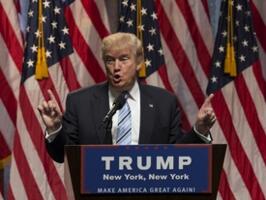
Voters identify more with Republicans than Democrats when it comes to the issues – unless you regard President Trump as a party of his own.

A sizable majority of voters still believes the campaign for the White House every four years goes on too long, and half complain that Democrats are overdoing it when it comes to debates.

Women are a lot more convinced than men that a world run by women would be better place for all.

Even Democrats consider it highly unlikely that the Republican-run U.S. Senate will remove President Trump from office now that he has been impeached by the Democrat-controlled House of Representatives.
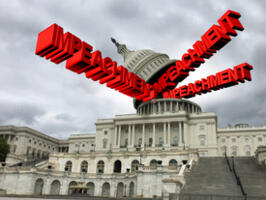
The impeachment of President Trump by House Democrats has highlighted the complexities of our government, but most continue to believe that Americans don’t know how their government works. They still seem to have a handle on the basics of impeachment, though.
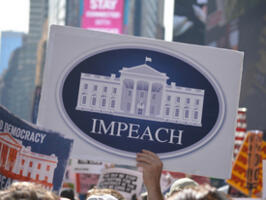
Voters appear to give President Trump a slight edge in the war of words over impeachment.

With some Democrats worrying that the current hopefuls for their party’s nomination can’t beat President Trump next year, speculation has begun anew that Michelle Obama will enter the race. The former first lady still has a narrowing advantage over the president in a hypothetical 2020 matchup.

Voters see little chance that Republicans will jump on the Democrats’ impeachment bandwagon. Most Democrats think that’s because of GOP party loyalty, but then most Republicans believe the impeachment is driven not by broken laws but by President Trump’s defeat of Hillary Clinton in 2016.

Voters are ready to jail or fire senior law enforcement officials who illegally targeted President Trump, but most think they are unlikely to be punished.

Voters aren’t overly enthusiastic about either of the two major political parties, but they’re less confident than ever that a genuinely competitive third party would make a difference.
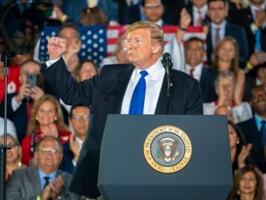
Voters still generally feel the president of the United States has about the right level of power, but a sizable number, especially Democrats, worry that the presidency is getting more powerful under President Trump.
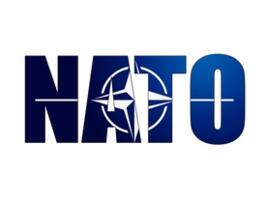
NATO was created after World War II to protect a war-ravaged Europe from the communist Soviet Union, but 70 years later voters here question whether U.S. taxpayers should still pay the biggest bill and wonder what they’re getting for it.
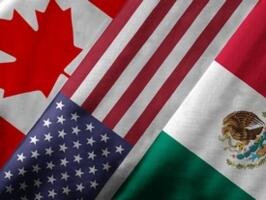
The new trade deal the Trump administration has negotiated with Canada and Mexico is languishing in the House of Representatives. While voters still regard it as an improvement over the much-maligned NAFTA, they’re a lot less confident that Congress will approve it.

Come together? Not likely, voters say, if most politicians have their way.
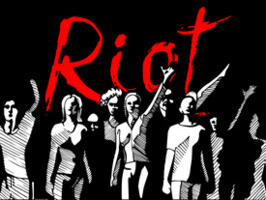
Voters see a bigger threat from President Trump’s opponents over policy issues than from his supporters if Democrats succeed in removing him from office. One-in-three still see the threat of civil war in the near future.
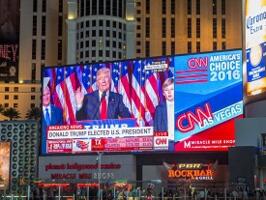
The Mueller report cleared the Trump campaign of campaign collusion with the Russians in 2016, but voters, including Republicans, are more skeptical nevertheless about Donald Trump’s win over Hillary Clinton.

New York City yesterday voted to become the largest city with ranked-choice voting in which voters choose not just their first choice but several candidates in order of preference. The second-choice votes help pick a winner if no candidate earns more than 50% of the vote. But voters nationwide aren’t thrilled by the idea.
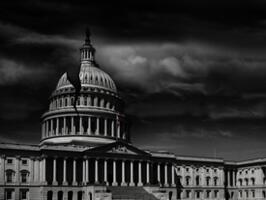
Voters aren’t nearly as convinced as the candidates for the Democratic presidential nomination that more government is the answer.

While foreign aid to Ukraine is dominating the headlines, most voters continue to view U.S. government dollars sent to other countries as a bad deal for taxpayers.
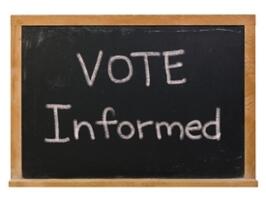
Voters remain highly suspicious of how much their fellow voters know when they go to the polls.